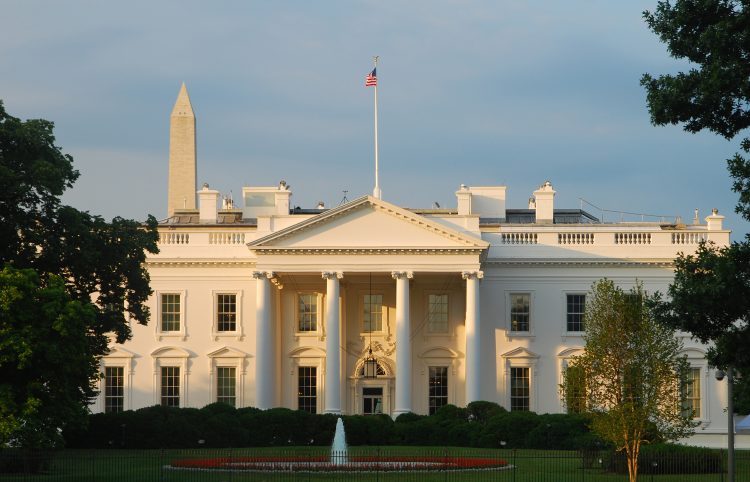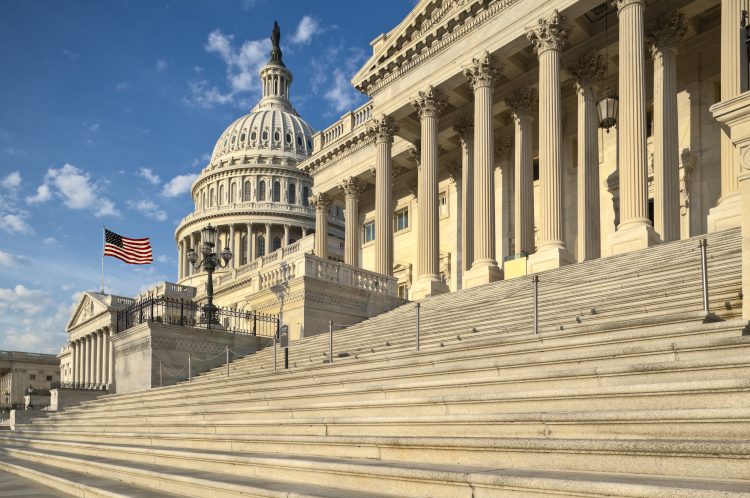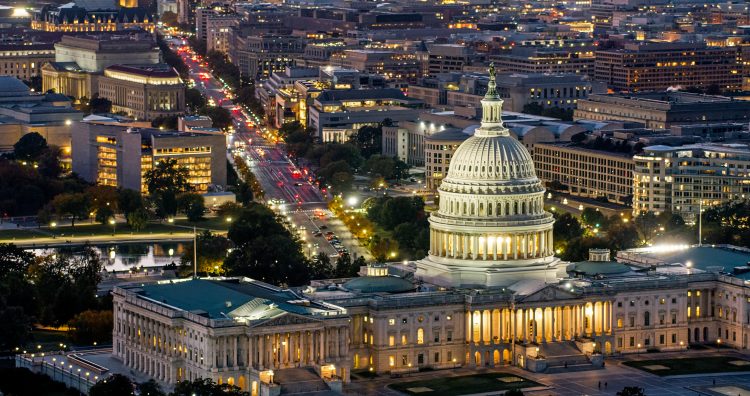This week on Facing the Future, we revisit the issue of immigration – vital to sustaining American economic growth – in light of millions of refugees fleeing war-torn Ukraine. The Biden Administration recently announced an initial program giving the green light to welcoming in at least 100,000 Ukrainian refugees and signaling there may be more admitted to the United States. There are also thousands of Russians fleeing their own repressive regime who may end up applying for political asylum as a result of the war in Ukraine.
Concord Coalition Communications Director Av Harris and I discussed the latest news on immigration with two experts on the subject: Ali Noorani, President and CEO of the National Immigration Forum, a nonpartisan advocacy organization working with faith, law enforcement, and business leaders to promote the value of immigrants and immigration; and George Bruno, an immigration attorney, former US Ambassador to Belize, and a member of the Coalition’s New Hampshire Advisory Board.
Noorani has written a new book on the subject entitled “Crossing Borders: The Reconciliation of a Nation of Immigrants” where he argues that evidence of the value immigrants bring to our communities Is all around us.
“It became very clear to the American public the value of immigrants and immigration over the last 2-3 years with COVID-19,” said Noorani. “All of us came to realize that it was the immigrants and the refugee community – whether it was our doctor, our nurse, the folks in grocery stores, the folks in the fields – who were working shoulder to shoulder with native born Americans to help us recover and respond to COVID-19. So that was a very visceral and tangible example of the economic contributions of immigrants. You take a step back and look, and you realize the disproportionate role of immigrants in the workforce. Eighteen percent of the workforce is foreign born, which is higher than their actual share of the general population. And you actually look in certain industries, and it becomes much more clear.”
Noorani says in order to maintain the current American ratio of working age population to retirees, we will need to increase legal immigration by at least 33% annually, which translates into another 300,000 immigrants per year. Overcoming the political hurdles to achieve that policy goal requires addressing anti-immigrant sentiments driving much of the public discourse on the issue.
“For many Americans, the concerns boil down to three different fears,” said Noorani. “One is around culture. The question is: are immigrants and refugees integrating, or are they isolating? Then there is a question around security. Are immigrants and refugees threats, or protectors? And then the economic fear is often, are immigrants and refugees giving or taking from American society? We really try to approach our work as meeting people where they are, but not leaving them there. Ultimately if we can address those questions and have a conversation and dialogue about those fears, people will sit down and say hey you know what? That immigrant family we go to church with, my kids’ best friends who are from Africa, there is nothing to be afraid of here.”
Our broken legal immigration system is already having a detrimental impact on our economic output, says George Bruno. He mentioned his work to help employers get approval for H1-B visas for highly skilled immigrants. In the recently completed 2022 lottery for these visas, over 300,000 applicants from all over the world were competing for only 65,000 slots.
“I represent a restaurant chain in Boston, they wanted to bring in six chefs because we can’t find chefs that are able to cook gourmet, high-end southern Indian cuisine,” said Bruno. “None of the chefs made it through the lottery. So my client now is faced with the prospect of reducing hours, not being able to expand his business, and the result is a drain on the economy. Not a good situation. One chamber of commerce in New Hampshire decided to get creative about attracting the workers they need and went out to South Dakota and talked with people on the Pine Ridge Indian reservation to see if they had some young people who would be willing to relocate to New Hampshire for summer employment. There are a lot of unemployed Native Americans in South Dakota, and they got a good reception.”
Bruno says there are practical steps that could be taken by Congress to start fixing the immigration system piece by piece. These steps include measures such as giving permanent legal status and a path to citizenship to the children of undocumented immigrants who were brought into the country at a very young age and grew up as Americans, the so called “dreamers.” He also suggests that the visa process should be more streamlined so employers can have quicker access to foreign born labor, and that US consular offices abroad should not be as restrictive to people seeking entry into the country, since it is clear that America needs more human labor capital for the next 30-50 years.
Hear more on Facing the Future. I host the program each week on WKXL in Concord N.H., and it is also available via podcast. Join me and my guests as we discuss issues relating to national fiscal policy with budget experts, industry leaders, and elected officials. Past broadcasts are available here. You can subscribe to the podcast on Spotify, Pandora, iTunes, Google Podcasts, Stitcher, or with an RSS feed. Follow Facing the Future on Facebook, and watch videos from past episodes on The Concord Coalition YouTube channel.
Continue Reading










